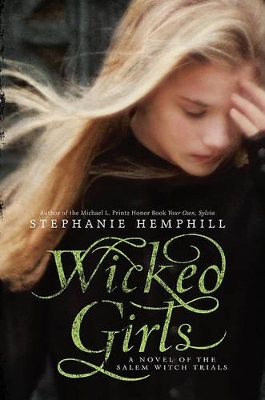Reviewed by Angie on
Once the first stone is cast, the girls cannot stop for fear of being called liars and losing their new found status. They essentially become an elite clique, almost like the Gossip Girl of the late 1600s. The villagers look up to them to identify the witches, but they also fear being wrongly accused by them. I think the author did a great job showing how clique behavior was very much present in the 17th century despite being typically thought of as a modern day occurrence. Like any clique, the girls eventually start to turn on each other or want to leave the group. This is the only aspect of Wicked Girls that I wish had been explored more or even exaggerated a bit. They held an awful lot of power during the trials, so I thought it would have been a great twist if one of the girls had called out one of their own as a witch. However, it seems like the author stuck pretty closely to the true story, which is fine, but I would have liked a little more out of it in the end.
Read more of my reviews at Pinkindle Reads & Reviews.
Reading updates
- Started reading
- 10 June, 2013: Finished reading
- 10 June, 2013: Reviewed
